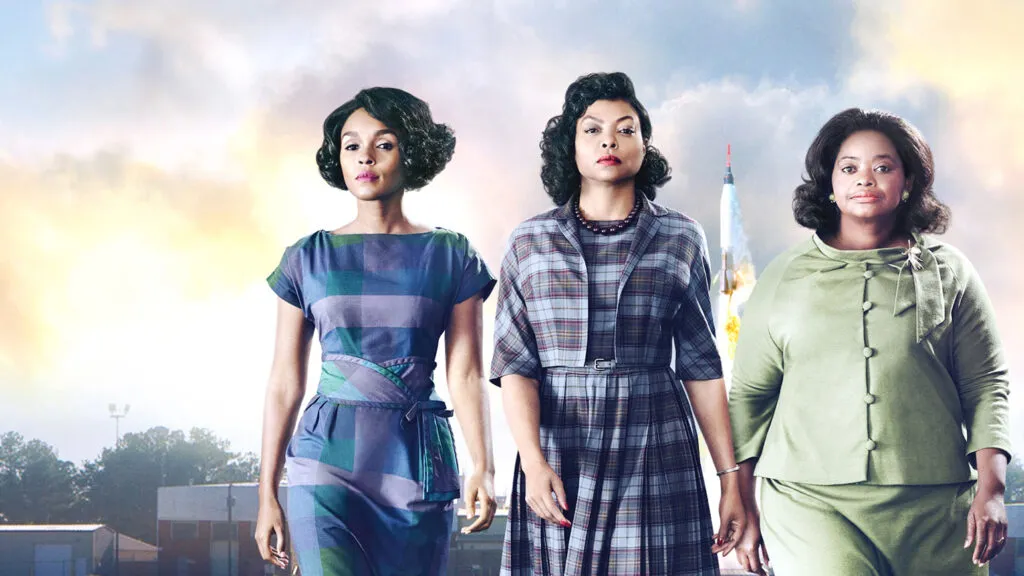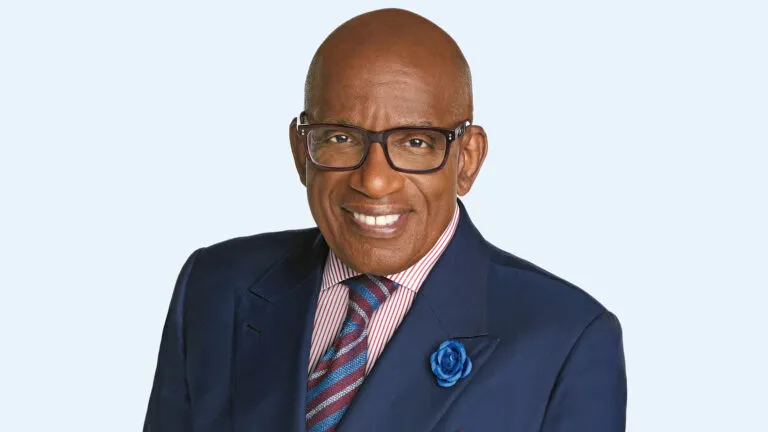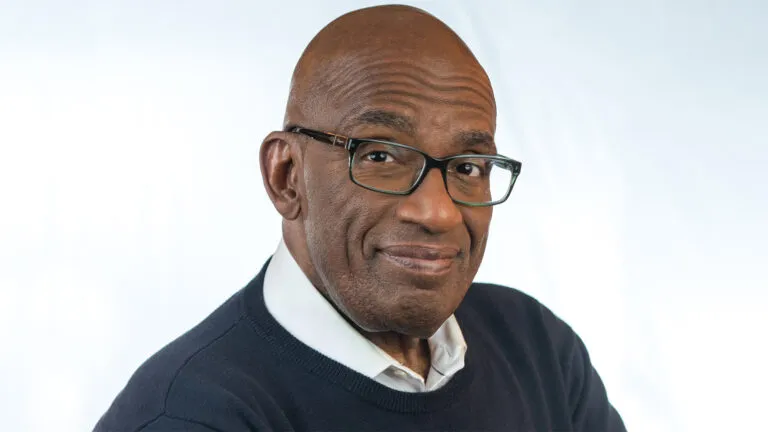Last weekend, the inspiring new film Hidden Figures opened at number one at the box office. The film tells the story of the intentionally uncredited Black women “human computers” who worked at NASA and its predecessor NACA. They were instrumental in launching astronaut John Glenn into orbit and the United States winning the Space Race. Hidden Figures beat out hit film Star Wars: Rogue One, for the top spot, despite being shown in far fewer theaters.
“I have been told my entire career, ‘Black women can’t open films domestically or internationally,’” Guideposts‘ February 2017 cover star and Hidden Figures lead Taraji P. Henson told reporters Monday after she heard the news. “Well, anything is possible,” Henson says.
Redefining what’s possible is the crux of this film, based on the book of the same name. The film details the historic work of Katherine Johnson (played by Henson), Dorothy Vaughan (played by Octavia Spencer) and Mary Jackson (played by Janelle Monáe) that was removed from history for nearly 6 decades.
READ MORE: NEW FILM ‘SILENCE’ TAUGHT LIAM NEESON ABOUT FAITH
The film opens with a young Johnson solving mathematical equations far beyond her elementary grade level, to the amazement of her teachers and parents. The adults in her life are certain she is destined for greatness, but when the story skips ahead to the future, Johnson is huddled in a room with hundreds of other Black women doing calculations at NASA. (They’re known as human computers.) They do the less prestigious work in the “Colored Women Only” building at Langley Research Center in Hampton, Virginia. Still, Johnson’s job at NASA, even while doing work below her genius, was thought to be quite an achievement.
Johnson works under the supervision of mathematician Vaughan who struggles for an official promotion and pay as head of personnel–the job she’s been doing unofficially for a year. Meanwhile, Jackson must fight to become an aerospace engineer because the classes she’s required to take to achieve that status are for white people only. Things start to shift for Johnson when Vaughan identifies her to NASA superiors as “the girl” the flight branch needs to help with calculations for NASA’s first human mission to space. While we know well the story of John Glenn, Hidden Figures shows the racism and sexism that Johnson had to endure in order to calculate Glenn’s flight path for NASA’s first mission into space in 1962, when Glenn orbited the earth 3 times.
Johnson had to battle her superior, who hides important information from her that she needs to do her job, and he takes credit for her calculations. Daily, she had to walk an hour round-trip just to get to a “Colored Women Only” bathroom on NASA’s huge campus. Her brilliance still shone through the work she was able to achieve for NASA on behalf of her country, but it’s stunning to think of how much more she could have accomplished without the constant barrage of racial and gender oppression she faced.
Though each woman’s real-life success and survival at NASA in the Jim Crow south is heroic, the story allows these real-life women their humanity; the characters get to break down, to be angry, to cry and support one another, and then get back to the work of making history. The film also shows these women were wives and mothers, deeply loved by their families, at their church and in their communities. Though of the three, only Johnson is still alive to see the film, both the story and Henson, Spencer and Monáe’s thoughtful portrayals honor the depth, passion and complexities of these formerly erased American heroes.
While the racism and sexism the women face in the film is a bit too easily remedied in order to maintain an uplifting tone, Hidden Figures will hopefully inspire viewers to learn more about the hundreds of Black women at NASA who helped America beat the Russians in the Space Race documented in the book Hidden Figures. These women’s miraculous accomplishments despite oppression are empowering and spark hopefulness that these kinds of stories will not take another 60 years to be told.





